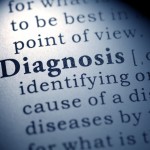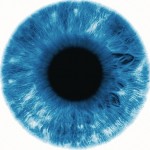Panic disorder is where you have recurring and regular panic attacks, often for no obvious reason. Everyone experiences feelings of anxiety and panic at certain times during their lifetime. It is a perfectly natural response, particularly when you are in a dangerous or stressful situation. However, for people with panic disorder, feelings of anxiety, stress and panic occur regularly and at any time.
Short-term psychodynamic psychotherapy for all common mental health disorders?

For his ninth Mental Elf blog, Mark Smith reports on a Cochrane systematic review of the effectiveness of short term psychodynamic therapies on common mental health disorders.
[read the full story...]











